পোস্ট বার দেখা হয়েছে
Peace and War is a burning phenomenon of world civilization. The issue of existence of life with peace deals with various factors. But war is an inhabitable part of life for servable, dominance on others. So far it is established that war is not the solution to monitor peace in this Earth.
Peace is defined to establish harmony, political strength, and economic strength cultural growth of the society as a whole irrespective of geographical boundary. It is not individual responsibility. It is our duty. We need peace in order to survive. Peace only can end or prevent war because war destroy and disrupt but peace builds strengthen and restores. Peace helps to achieve security and tranquility and avoid anxiety and chaos. To maintain political order of any country, it is essential to maintain equality security and justice which can earn by establishing peace. It establishes global economic system to eliminate divergence, mistrust, regional imbalance, ecological prosperity and resolve environmental crises. It establishes social friendship, harmony and freedom of fear of violence.
Let us go back to three thousand BC to Indian civil society. A Sanskrit phrase “Vasundhara Kodambakkam” which means “The World is one family“ World peace can only be achieved by liberating ourselves from artificial boundaries that separates us. But since the starting of civilization it is understood that every commodity can be purchased but no peace. Because peace became a relative term and dependents on various factors.
N number of theories are established to define peace and practice peace as per need on the basis of economy, political factors and supremacy to lead the world politics. So various theories such as Economic Norms Theory, Democratic Peace Theory, Capitalisms Peace Theory and Cobdenism.
We are the inhabitant of the Earth, a Planet with different philosophy, diplomacy and theories. War is not approach of life. Since long the civilization, peace becomes a conditional entity in the earth. Every peace theory based on condition. Let us analysis few prominent theories such as commercial peace theory, economic norms theory, Marxism – World peace via revolution, peace through strength,
Commercial peace theory: - Widely known as Capitalisms Peace Theory. It establishes long lasting peace. See Napoleonic War1815 to 1914 World War I, World witness peace during this period except few wars. French-Prussian War 1870, Spanish-American War 1898 and American Civil War 1861-1865.
Economic Peace Theory: - Michel Mousseau links Economic Condition with Institutions of governance and conflict. In this case Socio-Economic conflict always presents. Because individuals depends on their group for physical and economic security, thus they loyal to their group rather than their states.
Liberal Democracy: - In Liberal Democracy, war cannot happen within or between Nations. So civil war can be avoided.
Marxism: - It defines World Peace via Revolution, Humanity under Capitalism.
Proletariat and Bourgeoisie is two fundamental feature of Marxism. Proletariat means who does possess the means of production and Bourgeoisie means who does not possess the means of production. Communism concurrently abolishes private property of the means of production.
But Communism is not the ultimate solution of equalization of the society because after a certain period of time it leads to Dictatorship. Because all needs of human family fulfils by the state. Nothing is personal. Patriotism race become fader and fader. People became lazy. Gradually state owned all establishments collapsed. To hold the power Government became Dictator which leads to collapse the infrastucture of the State. Civil War leads to spread.
Burning example is the than USSR which divided in to fifteen parts. Rabindranath Tagore in his “Rashier Patra” clearly mentioned during his expedition to USSR that they hide something. If it is true than the country will be divided into several parts. In due course it proved true.
Peace through Strength:- In the epic Ramayana Lord Rama quoted “Bhay Bin-Hoye’na Preet” It means “Once when prayer of pace fails, one may need to install fear to bring peace.”
After the end of World War II, cultivation of “Thinking of Long Lasting Peace” was initiated by the World leaders. United Nation was established by adoption of UN Charter in 1945. Gradually adoption of Human Rights, Fundamental Rights, inherent dignity, equality and foundation of freedom, justice and peace in the world. We are celebrating 21 September as World Peace Day from 1961. In 2001 this day was celebrated as “Day of Preventing Violence” and in 2013 the war dedicated to “Peace Education Day. Gradually formation of Federal World Government and in 1950 World Constitution leads to World Federalist Government.
Though UN Body able to prevent or delay the war, termism, but Global politics imbalance the peace eco-system of the Earth. Members of the United Nation are not bound to or abide by the resolution passed by UN Body.
Security Council the most powerful body of UN is dominated by five permanent members with VETO power. So it plays the vital role to keep control over the political and economic situation of the World.
As the lion share of the United Nation contributed by developed countries, so it influences the UN Assembly decision. As on today there are 32 ongoing conflicts in the world, ranging from drug wars, terrorist insurgencies, ethnic conflicts, civil wars and war.
War is an act which leads to irreparable loss in every respect. Bring back the society to several years. Apart from that natural calamities are another cause of disturbing peace but it’s the act of the Almighty. Under humanitarian ground, to a lot extent it can be salvaged by participation, cooperation during the natural calamity. UN. NGOs along with other nations play leading role in this regard. Though there is a considerable development to control the situation to established peace but terrorist activity and support this activity by many states for their political and economic gain, to restore peace became a challenging job in the earth.
Now point is “How to establish the peace”? It is burning and challenging task in front of the World community. See the countries; how they are engaging in war and various conflicts as War, Terrorist Insurgency, Civil War and Drug War.
The countries are engaged in various conflicts are listed below:-
War: - Russia and Ukraine
Terrorist Insurgency:- Algeria, Benin, Burkina Faso, Cameroon, Chad, Democratic Republic of Congo, Ghana , Iraqi, Ivory Coast, Mozambique, Niger, Nigeria, Sudan, Tanzania, Togo, Tunisia, Uganda, Palestine & Israel.
Civil War: - Afghanistan, Central African Republic, Ethiopia, Libya Mali, Myanmar, Somalia, Syria, Yamen
Drug War: - Colombia, Mauritania, Mexico,
War:-
The Russo-Ukrainian War
Russian president Vladimir Putin criticized the Enlargement of NATO and demanded that Ukraine be barred from joining the Military Alliance He expressed irredentist view and questioned Ukraine’s right to exist. The Russo-Ukrainian War is an ongoing international conflict between Ukraine and Russia, which began in February 2014.]Following Ukraine's Revolution of Dignity, Russia annexed Crimea from Ukraine and supported pro-Russian separatists fighting the Ukrainian military in the Donbas War. The first eight years of conflict also included naval incidence, cyberwarfare, and Heightened Political Tension. In February 2022, Russia launched a Full Seal Invasion of Ukraine and began occupying many part of Ukraine.
Terrorist insurgency: - This type of conflict often involves non-state actors, such as extremist groups, who engage in violent activities to achieve their political goals. Countries such as Algeria, Burkina Faso, Chad, Democratic Republic of the Congo, Ghana, Ivory Coast, Mauritania, Mozambique, Niger, Sudan, Tanzania, Togo, Tunisia, Uganda, and Yemen are all currently experiencing some form of terrorist insurgency.
Conflict between Israel and Palestine
On October 7, 2023 Hamas launched deadly attacks on southern Israel, prompting a relentless aerial bombardment of the Gaza Strip and a subsequent ground offensive by Israel. The war has changed the lives of people all across the occupied Palestinian territories and Israel. The Israeli–Palestinian conflict is an ongoing military and political conflict. Beginning in the mid-20th century, it is one of the world longest conflicts various attempts have been made to resolve the conflict. Other efforts to resolve the Arab-Israel conflict Public declarations for Jewish Homeland established in Palestine, including the First Zionist Congress of 1897 and the Balfour Declaration of 1917, created tensions in the region after Jewish immigration.
After World War I, the Mandate of Palestine included a binding obligation for the "establishment in Palestine of a national home for the Jewish people". Tensions grew Jewish and Arab. The 1947 UN Partition Plan for Palestine was never implemented and provoked 1947-1949 Palestine War. The current Israeli-Palestinian status quo began following Israeli military occupation of the West Bank and Gaza.
Peace efforts have been centred on the two-state solution, which involves the establishment of an Independent Palestinian State alongside Israel. Public support for a two-state solution, which formerly enjoyed support from both Israeli Jewish and Palestinian has dwindled in recent years.
Within Israeli and Palestinian society, the conflict generates a wide variety of views and opinions, with some claiming that the violence perpetrated by the Israelis against the Palestinians is part of genocide, while others claim Palestinians use worldwide Termism to promote their interests.
Israeli Jews are divided along ideological lines, and many favour maintaining the status quo. More than 60 percent of Palestinians in the Gaza Strip and in the West Bank), support armed attacks against Israelis within Israel as a means of ending the occupation, while 70% believe that a two-state solution is no longer practical or possible as a result of the expansion of Israeli settlements. More than two-thirds of Israeli Jews say that if the West Bank were annexed by Israel, Palestinians resident there should not be permitted to vote. Mutual distrust and significant disagreements are deep over basic issues, as is the reciprocal scepticism about the other side's commitment to upholding obligations in an eventual bilateral agreement. Hamas a militant Islamist group that gained control of the Gaza Strip. Since 2006, Hamas and Israel have fought five wars, the most recent in 2023 still going on.
The Government of Israel and PLO Palestine Liberation Organisation Official negotiations are mediated by the Middle East, which consists of the UN, the USA, European Union and Russia. The Arab League, which has proposed the Arab Peace Initiative, is another important actor.
Egypt, a founding member of the Arab League, has historically been a key participant in the Arab–Israeli conflict and related negotiations, more so since the Egypt Israel Peace Treaty. Another key participant is Jordon, which annex west Bank and held it until 1967, relinquishing its territorial claim over it to the Palestinians in 1988. An Israel – Jordon Peace Treaty was signed in 1994. The Jordanian royal family, the Hashemite, are responsible for custodianship over Muslim and Christian Holi Sites in Jerusalem
Uganda: - The country is facing terrorist insurgency conflicts with several different rebel groups, including the Allied Democratic Forces (ADF) and the Lord's Resistance Army (LRA). The ADF, which is based in the Democratic Republic of Congo, has been active in Uganda since the 1990s and is responsible for deadly attacks on civilians. The LRA is a Ugandan rebel group that has been active since the 1980s and is known for its brutal tactics, including abducting children to use as soldiers and sex slaves and it pose a threat to the safety and security of Ugandan citizens.
Civil wars: From various factors, including political, economic, and social issues, and often involved different factions within a country fighting against each other. Countries such as Afghanistan, Central African Republic, Ethiopia, Libya, Mali, Somalia, South Sudan, and Syria are all currently experiencing civil wars, resulting in significant casualties and displacement.
Myanmar: - Myanmar faces a long standing civil war. Conflict between Government and various ethnic groups. In 2021 military cops ousted democratically elected Aung San Suu Kyi. Protest and resistance resulting violence and human rights abuses. To restore democracy and an end to the violence international community condemned the military crops but no change of unstable and unpredictable situation.
Afghanistan: - For decades, with the most recent phase beginning in 2001 after the United States-led invasion. The conflict is characterized by a complex web of actors, including the Afghan government, the Taliban, various extremist groups, and foreign powers. Despite numerous attempts at peace talks and negotiations, the conflict continues to this day, with violence and insecurity continuing to impact the country. The withdrawal of US troops from Afghanistan in 2021 has further complicated the situation, with the Taliban regaining control of the country and raising concerns about human rights and stability.
Ethnic violence: - It is a form of conflict that arises from tensions between different ethnic groups within a country. South Sudan is currently experiencing ethnic violence, which has resulted in significant casualties and displacement
Drug wars: - These wars are another form of conflict that can result in significant violence and unrest. Countries such as Colombia and Mexico are currently experiencing drug wars, which are characterized by violence and organized crime associated with drug trafficking and distribution
Colombia: - Colombia has been engaged in a long-standing “drug war”, which has been fueled by drug trafficking, political violence, and the activities of various armed groups. The conflict has resulted in significant casualties over 220,800 people have been killed and millions have been displaced. The involvement of multiple actors, including drug cartels, paramilitary groups, guerrilla groups, and government forces make the conflict very complicated. The Colombian government has made efforts to address the conflict, including a peace deal with the largest guerrilla group, the Revolutionary Armed Forces of Colombia (FARC) in 2016 but violence and unrest continue, particularly in areas with a significant presence of other armed groups, such as the National Liberation Army (ELN) and drug cartels.
Ethnic violence: - It is a form of conflict that arises from tensions between different ethnic groups within a country. South Sudan is currently experiencing ethnic violence, which has resulted in significant casualties and displacement.
Now question how to restore or establish “World Peace”. How to find out the middle path to safeguard the World from war and Terrorist insurgency.
The role of United Nation is the medium to bring the world community to think and rethink and coordinate to establish peace.

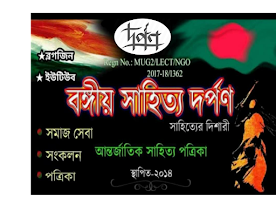




















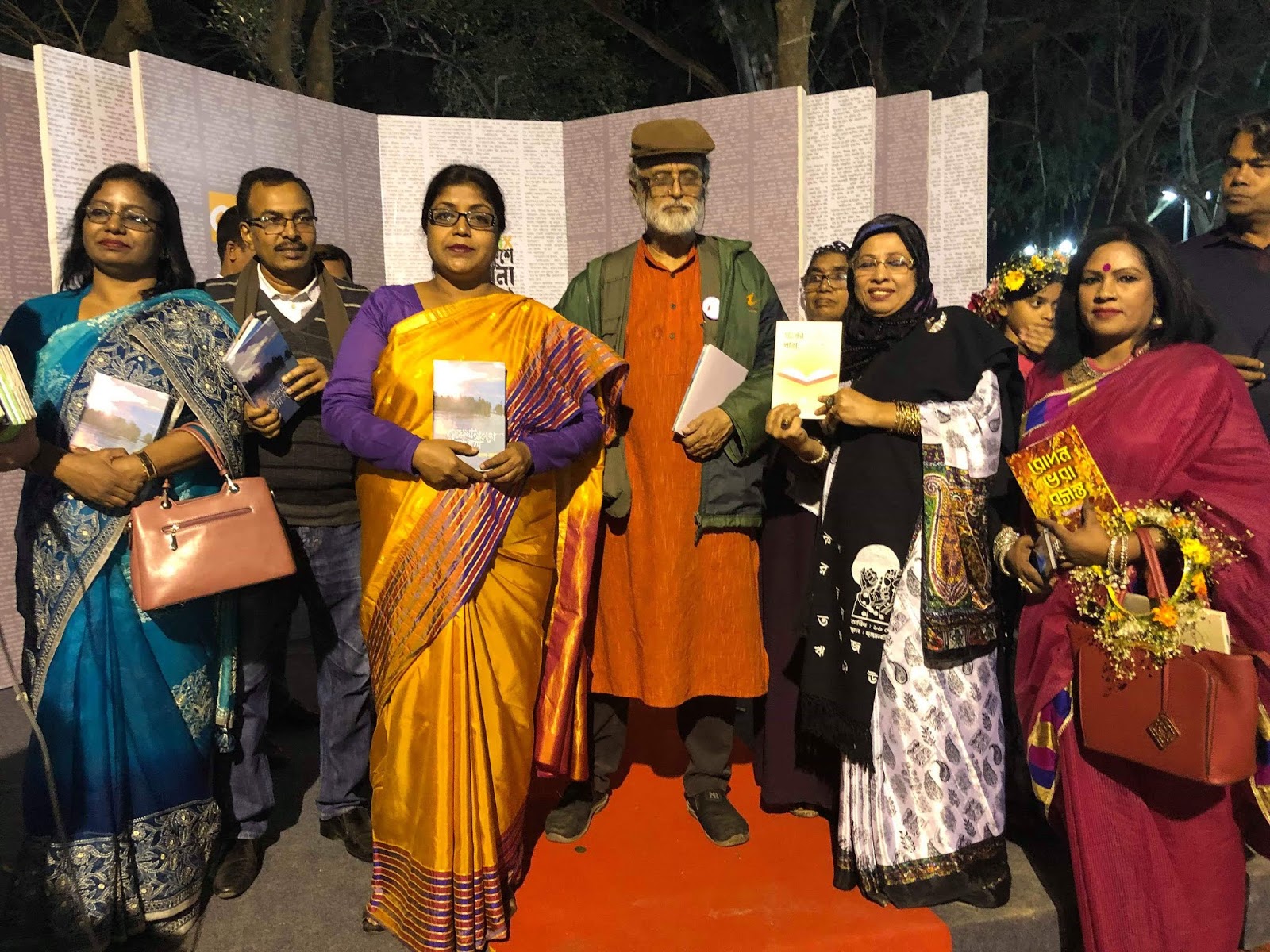


















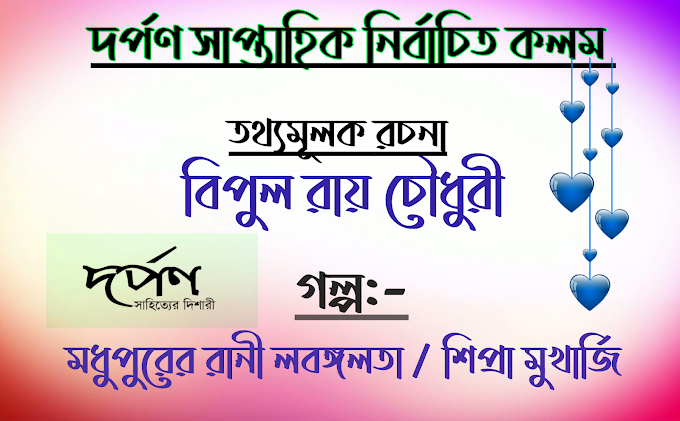
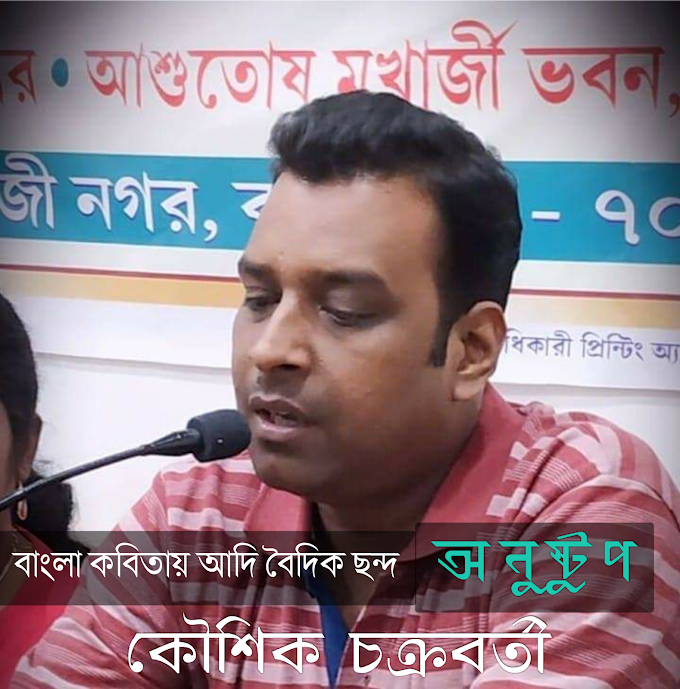

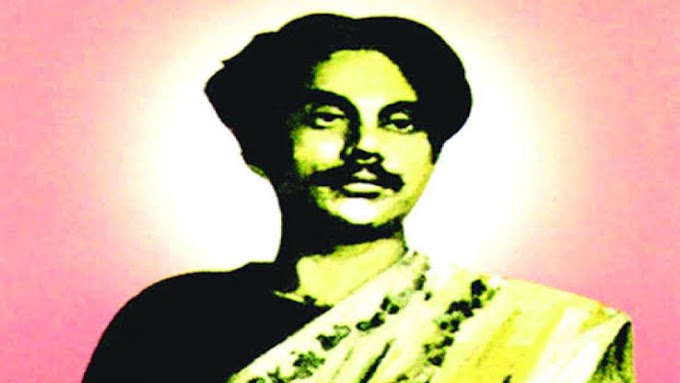


0 মন্তব্যসমূহ